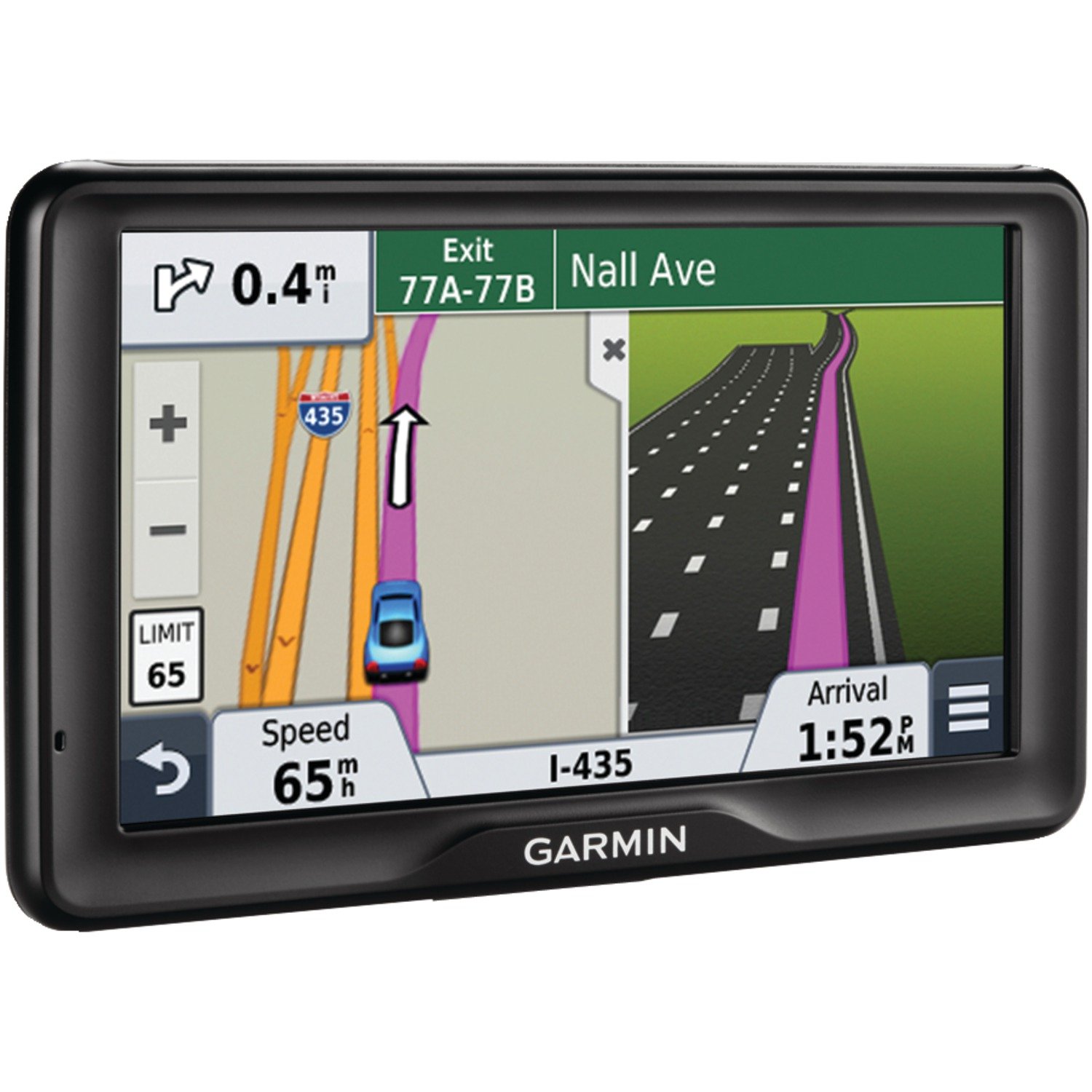Global Positioning System (GPS) technology has revolutionized how we navigate, but its capabilities are constantly evolving, thanks largely to the integration of Artificial Intelligence (AI). No longer a simple point-A-to-point-B system, GPS tracking in cars is becoming smarter, more efficient, and significantly safer, all powered by the innovative applications of AI.
The Rise of AI-Powered GPS: Beyond Basic Navigation

Traditional GPS relied primarily on satellite signals to determine location and offer route suggestions. While effective, these systems lacked the context and predictive capabilities that AI provides. AI’s role in enhancing car GPS is multifaceted, leading to improvements in several key areas:
1. Real-Time Traffic Optimization:
AI algorithms analyze vast amounts of real-time data – traffic flow, accidents, road closures, construction – from various sources, including GPS signals from other vehicles, social media feeds, and government transportation departments. This allows for dynamic route adjustments, suggesting alternative paths that avoid congestion and minimize travel time. This isn’t just about faster routes; it’s about significantly reducing fuel consumption and minimizing the environmental impact of driving.
2. Predictive Maintenance:
Integrating GPS data with vehicle sensor information, like engine temperature, tire pressure, and fuel consumption, allows AI to predict potential mechanical issues. For example, if the algorithm detects unusual engine temperature fluctuations coupled with a specific driving pattern (like frequent stop-and-go traffic), it can proactively alert the driver to schedule maintenance, potentially preventing a breakdown.
3. Enhanced Safety Features:
AI plays a crucial role in improving driver safety. Advanced features such as driver fatigue detection, which analyzes driving patterns to identify signs of drowsiness, are becoming increasingly common. Similarly, AI-powered collision avoidance systems use GPS data combined with sensor inputs to predict potential accidents and alert drivers or even automatically apply brakes. This proactive approach minimizes the risk of accidents and enhances overall road safety.
4. Personalized Driving Experiences:
AI allows for a more tailored driving experience. By learning driver preferences – preferred routes, driving styles, favorite points of interest – AI can personalize navigation suggestions and provide relevant information. For example, it might suggest a specific restaurant based on past dining habits or provide alternative routes based on the driver’s preference for scenic roads versus faster highways.
5. Optimized Fuel Efficiency:
AI can contribute to improved fuel economy by analyzing driving habits and suggesting more fuel-efficient routes and driving styles. The system can learn from the driver’s past performance and offer tailored advice on acceleration, braking, and speed to reduce fuel consumption.
Challenges and Considerations of AI in GPS

While the benefits of AI in GPS are substantial, challenges remain. Data privacy is a major concern; careful consideration must be given to how GPS data is collected, used, and protected. The accuracy of AI predictions also depends heavily on the quality and quantity of data used for training. Inaccurate or biased data can lead to unreliable predictions and potentially dangerous situations. Furthermore, the computational power required to process vast amounts of real-time data can be significant, requiring advancements in both hardware and software.
Comparing AI-Powered GPS Systems

The automotive market offers a variety of GPS systems with varying levels of AI integration. Comparing these systems requires careful consideration of factors such as:
- Accuracy of real-time traffic data: Some systems offer more precise traffic predictions than others.
- Range of safety features: Consider the specific safety features included, like lane departure warnings, adaptive cruise control, and emergency braking.
- Personalization options: Evaluate how well the system adapts to your preferences and driving habits.
- Data privacy policy: Understand how the system collects, uses, and protects your data.
- Integration with other vehicle systems: Check for seamless integration with infotainment and other vehicle functions.
Practical Advice for Users of AI-Powered GPS
![]()
To maximize the benefits of AI-powered GPS, keep these tips in mind:
- Keep your GPS software updated: Regular updates provide access to the latest AI algorithms and map data.
- Provide feedback: Utilize any features allowing you to report inaccurate traffic information or route suggestions. This feedback improves the AI’s learning process.
- Understand your privacy settings: Review and customize the data privacy settings to your comfort level.
- Be aware of limitations: AI is not perfect; it’s always best to exercise caution and maintain situational awareness while driving.
In conclusion, AI is transforming the way we use GPS in our cars, making navigation safer, more efficient, and more personalized. As AI technology continues to advance, we can expect even more innovative applications that will further improve the driving experience and enhance road safety for everyone. The evolution of AI-powered GPS is ongoing, promising exciting developments in the future of automotive technology.